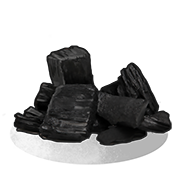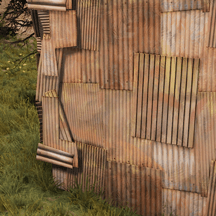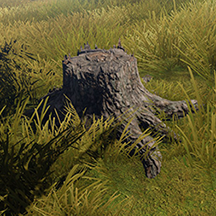


Herlihy said that hypothesis is supported by early data out of South Africa. Since the omicron variant was first identified overseas last week, scientists have hypothesized that it could be more transmissible than the delta variant. “I think it’s a matter of time, but I don’t think it’s a foregone conclusion that it’s already here,” he told Colorado Matters. Anuj Mehta, an ICU pulmonologist with Denver Health who advises the state on pandemic-related issues like vaccine allocation and hospital guidance. It’s an inevitability that the omicron variant will be detected in Colorado, in the opinion of Dr. Herlihy said the state is “really working to enhance those mechanisms right now.” How likely is it that the omicron variant will come to Colorado - or may already be here? Rachel Herlihy, the state epidemiologist, says the state works with wastewater utilities to monitor COVID-19 levels, and to look for specific genetic markers of variants, including the omicron variant. Genome sequencing can only be conducted on samples collected with PCR tests - not at-home rapid tests. Right now, across the state, the state lab and private labs are conducting genome sequencing on about 16 percent of the state’s positive COVID-19 cases, according to a spokesperson for the state health department. How is Colorado monitoring for the omicron variant?Ĭolorado is using two main mechanisms to detect the variant.įirst, in the state laboratory, as well as in private and commercial labs, scientists are using genetic sequencing on a sampling of tests to detect COVID-19 variants, including omicron. CPR spoke to public health experts in Colorado to learn how the state will know when omicron arrives here, and what can be done to contain its spread. has limited travel from some of the countries where the variant has been detected. To buy time to learn more about omicron’s transmissibility and how it might fare against COVID-19 vaccines, the U.S. About six months later, it now accounts for all of the cases here, and has created a stress on hospitals and healthcare workers that is affecting patients, showing the potential for mutations of COVID-19 to disrupt life in Colorado. But many epidemiologists say it’s a question of when, not if, it will arrive, as other prominent strains of COVID-19 have over the past two years.Ĭolorado identified the delta variant in May of this year, soon after it was first found in the U.S. The new omicron variant of the coronavirus hasn’t yet been detected in the United States.

Editor's note: this story has been updated to include what we know about the transmissibility of variant so far.


 0 kommentar(er)
0 kommentar(er)
